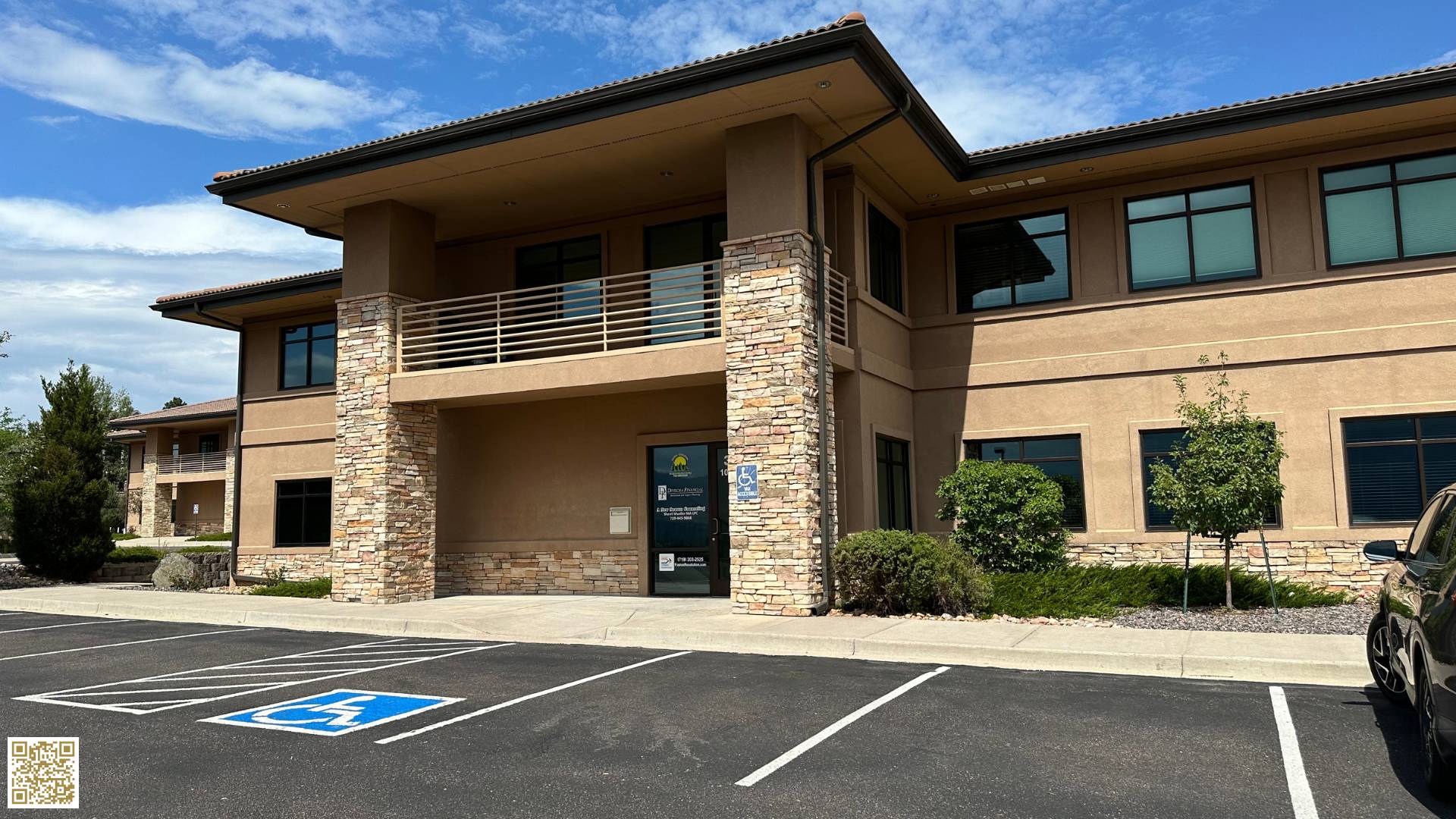Mastering successful SEO marketing involves thorough keyword research, on-page optimization, and high-quality content creation. Focus on long-tail keywords and tailor content to user search intent. Optimize meta tags, titles, and headers to enhance click-through rates and user engagement. Implement effective link-building strategies to boost domain authority. Ensure your site meets technical SEO standards like speed, mobile-friendliness, and secure connections. Prioritize user experience with seamless navigation and fast-loading pages. Regularly monitor performance metrics and conduct competitor analysis to stay ahead. To explore the depth of these strategies, you'll uncover the keys to maximizing your SEO efforts.
Keyword Research
Keyword research is essential for identifying the terms and phrases your target audience uses to find information related to your business. By understanding these keywords, you can tailor your content to meet their needs. Focus on long tail keywords—specific, less competitive phrases that often reveal clear search intent. These keywords help you attract highly-targeted traffic, increasing your chances of conversion.
Start by using tools like Google Keyword Planner or Ahrefs to find relevant long tail keywords. Analyze search volumes and competition levels to prioritize which terms to target. Look at how users phrase their queries; this insight will help you understand their search intent better. Are they looking for information, seeking to make a purchase, or comparing products?
Next, group your keywords based on their intent—informational, navigational, or transactional. This ensures your content aligns with what users are truly seeking. For instance, a user searching 'best running shoes for flat feet' likely intends to make a purchase, while 'how to tie running shoes' indicates an informational need.
On-Page Optimization
To boost your search engine rankings, focus on on-page optimization, including the critical elements of meta tags and content quality strategy.
Data shows that well-optimized meta tags can increase click-through rates by 20%.
Additionally, high-quality content that incorporates relevant keywords enhances user engagement and reduces bounce rates.
Meta Tags Importance
Meta tags play a critical role in on-page optimization by directly influencing how search engines interpret and rank your website. By mastering meta tag optimization, you're ensuring that search engines understand the content and relevance of your pages, which can significantly boost your visibility.
Focusing on meta description best practices is crucial here. A compelling meta description not only helps search engines but also improves click-through rates by attracting user attention.
To make the most out of your meta tags, keep the following in mind:
- Title Tags: Ensure they're unique, descriptive, and include primary keywords. Aim for 50-60 characters.
- Meta Descriptions: Write concise, engaging descriptions under 155 characters. Use action-oriented language and include a call-to-action.
- Header Tags (H1, H2, etc.): Structure your content to improve readability and include relevant keywords.
Content Quality Strategy
Crafting high-quality content is essential for on-page optimization, as it directly impacts user engagement and search engine rankings. When you focus on content relevance, you ensure that your audience finds the information valuable, which can significantly increase time spent on your site and reduce bounce rates.
Studies show that 72% of marketers believe relevant content creation is the most effective SEO tactic. This means you must understand your audience's needs and interests to tailor your content accordingly.
To maximize audience engagement, use a data-driven approach to identify high-performing keywords and incorporate them naturally into your text. Tools like Google Analytics and SEMrush can help you discover which topics resonate most with your audience. Make sure your content isn't only informative but also engaging—use compelling headlines, subheadings, and multimedia elements to break up the text and keep readers interested.
Additionally, regularly updating your content is crucial. Search engines favor fresh, up-to-date information, which can boost your rankings. By consistently delivering relevant and engaging content, you build trust and establish a strong connection with your audience, fostering a sense of community and belonging.
Quality Content Creation
Effective quality content creation hinges on thorough keyword research and understanding your audience's needs to drive targeted traffic to your website.
When you focus on content diversity, you ensure that your site appeals to a broader range of interests and search queries. Engaging your audience through varied content types is crucial for maintaining interest and increasing time spent on your site.
To boost your SEO through quality content creation, remember to:
- Diversify your content: Combine blog posts, infographics, videos, and podcasts to cater to different audience preferences.
- Optimize for keywords: Integrate primary and secondary keywords naturally within your content to improve search engine rankings.
- Prioritize readability: Use clear headings, bullet points, and short paragraphs to enhance user experience and engagement.
Link Building Strategies
To boost your site's SEO, focus on securing quality backlink sources, which can increase your domain authority by up to 50%.
Effective outreach and networking are essential, as they help you connect with reputable websites and influencers.
Quality Backlink Sources
Securing quality backlinks from authoritative sites significantly boosts your website's search engine rankings and domain authority. By performing comprehensive backlink audits, you can identify which links are working for you and which aren't. This data-driven approach ensures you focus your efforts on obtaining high-quality backlinks that truly matter.
Conducting a competitor analysis is also crucial. Observe where your competitors are getting their backlinks and aim to secure similar or better sources. This not only levels the playing field but can potentially give you an edge in search rankings.
Here are some effective strategies for acquiring quality backlinks:
- Guest Blogging: Write high-quality posts for reputable sites in your industry.
- Resource Pages: Get your content listed on industry-specific resource pages.
- Skyscraper Technique: Improve existing popular content and reach out to sites linking to it.
Each of these strategies requires a detailed, keyword-focused approach to ensure you're targeting the right opportunities.
Outreach and Networking
Building a strong network through outreach is essential for securing high-quality backlinks that boost your site's search engine rankings.
Start by engaging in influencer collaboration to tap into established audiences. Reach out to influencers whose values align with your brand, and propose mutually beneficial collaborations.
Community engagement is another critical strategy; actively participate in forums, comment on blogs, and engage with your audience on social media platforms.
Leverage social sharing to amplify your content's reach. Encourage your followers to share your posts and include share buttons on your website.
Relationship building is key in this domain. Establish long-term connections with industry leaders through networking events and partnership opportunities. Attend conferences, webinars, and local meet-ups to expand your network.
Cross promotion strategies can also be effective. Partner with complementary brands to share each other's content, thereby reaching a wider audience.
Audience outreach involves personalized emails to potential partners, offering valuable content or collaboration ideas. Tailor your pitches to show how the partnership can be mutually beneficial.
Technical SEO
Technical SEO involves optimizing your website's infrastructure to improve its visibility and ranking on search engines. By focusing on the technical aspects, you ensure that search engines can efficiently crawl and index your site. Key areas to concentrate on include site speed, mobile optimization, and structured data.
To enhance your site's technical SEO, you should:
- Improve Site Speed: Faster loading times can significantly boost your rankings. Utilize tools like Google PageSpeed Insights to identify and fix performance issues.
- Optimize for Mobile: Ensure your website is mobile-friendly. Google uses mobile-first indexing, so a responsive design is crucial.
- Implement Structured Data: Use schema markup to help search engines understand your content better, increasing the chances of getting rich snippets.
Additionally, ensuring HTTPS security is non-negotiable for protecting user data and improving rankings. Effective redirect management can prevent broken links and maintain SEO value.
User Experience
Enhancing user experience (UX) directly impacts your website's SEO performance by increasing engagement metrics like time on site and reducing bounce rates. A seamless site navigation structure is crucial; it helps users find what they're looking for quickly, which keeps them on your site longer. Data shows that 38% of users will stop engaging with a website if the content is unattractive or the layout is confusing.
Mobile optimization is another key factor. With over 50% of web traffic coming from mobile devices, ensuring your site is mobile-friendly isn't optional—it's essential. Google's mobile-first indexing means your mobile site is the starting point for what Google includes in their index. Pages that aren't optimized for mobile can suffer in rankings.
Fast-loading pages also enhance UX. Studies indicate that 53% of mobile site visits are abandoned if pages take longer than three seconds to load. By improving your site's load time, you can lower bounce rates and improve user satisfaction.
Analytics and Monitoring
Effective analytics and monitoring are crucial for understanding your website's performance and making data-driven decisions to improve SEO. By analyzing performance metrics, you can identify what's working and what needs improvement. You'll gain insights into user behavior, traffic sources, and conversion rates, which are essential for crafting a successful SEO strategy.
To get started with analytics and monitoring, focus on these key aspects:
- Data Visualization: Utilize tools that convert raw data into visual formats like charts and graphs. This makes it easier to spot trends and anomalies.
- Performance Metrics: Regularly track metrics such as organic traffic, bounce rates, and average session duration to gauge your website's effectiveness.
- Keyword Rankings: Monitor your site's keyword performance to understand how well your SEO efforts are paying off. Adjust your strategy based on these insights.
Conclusion
To succeed in SEO marketing, focus on thorough keyword research, effective on-page optimization, and creating high-quality content.
Implement robust link-building strategies and ensure your technical SEO is flawless.
Prioritize user experience to keep visitors engaged.
Continuously monitor analytics to adapt and improve your strategy.
By mastering these components, you'll boost your search engine rankings and drive targeted traffic to your site.
Stay detail-oriented and data-driven to maintain your competitive edge.














